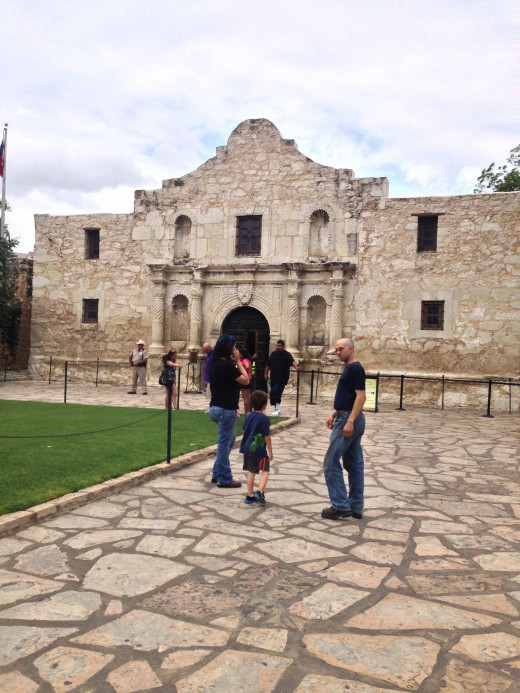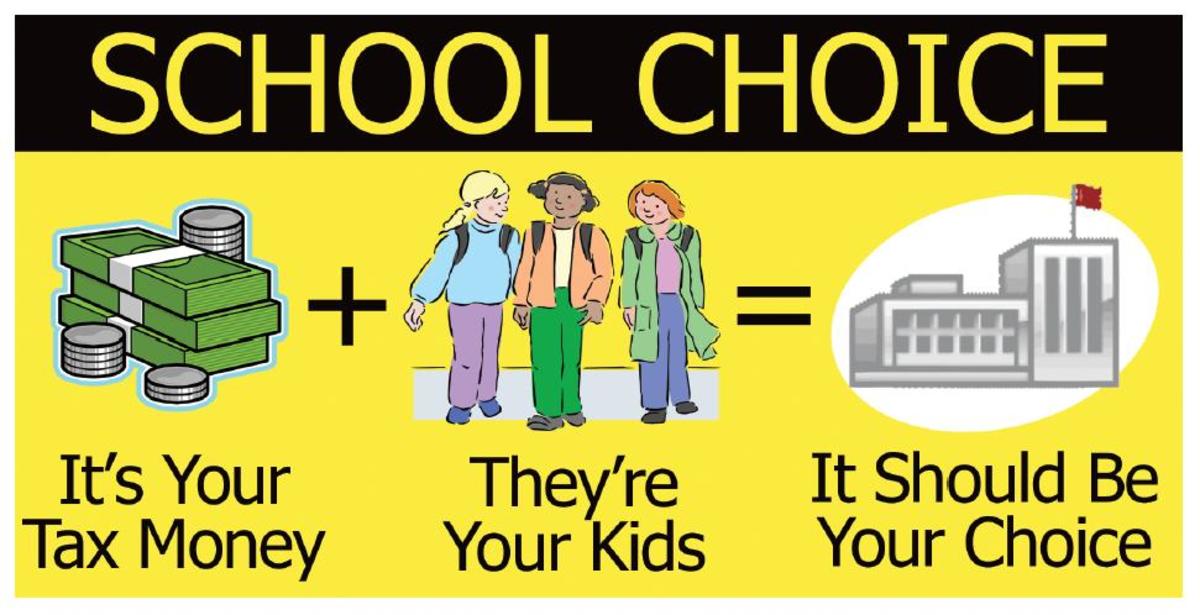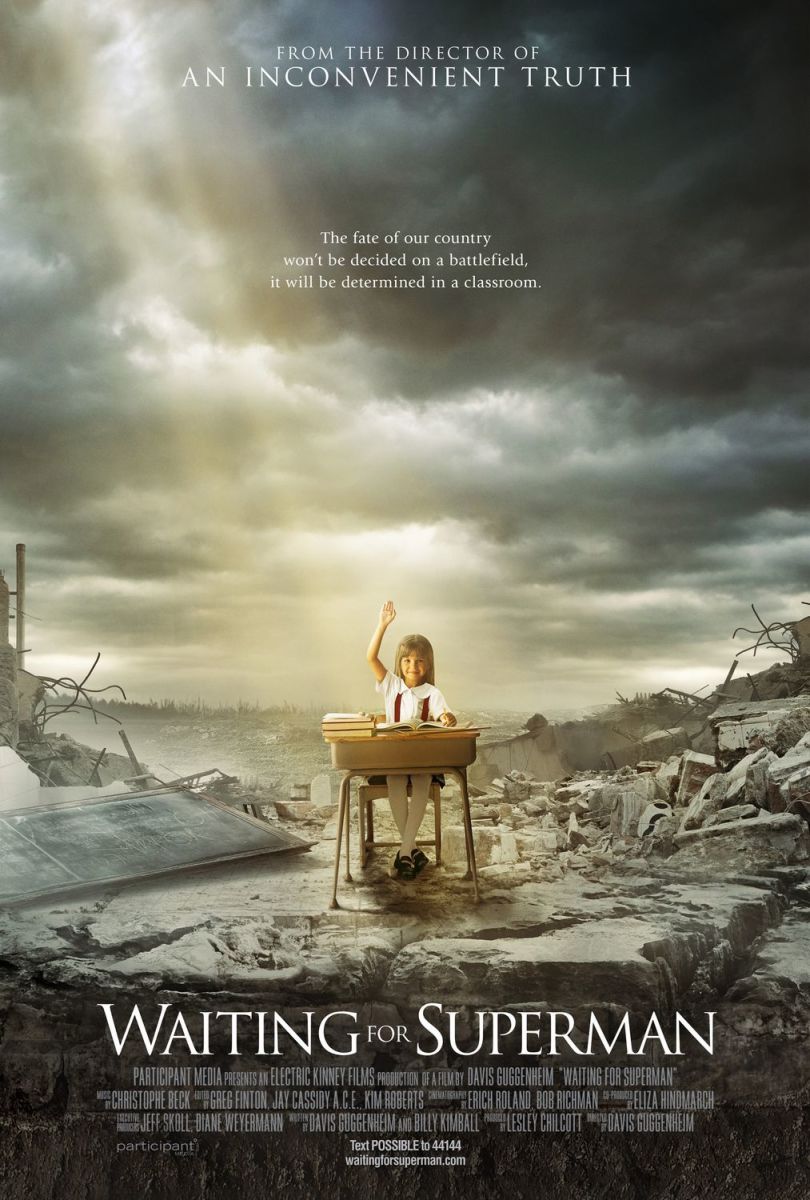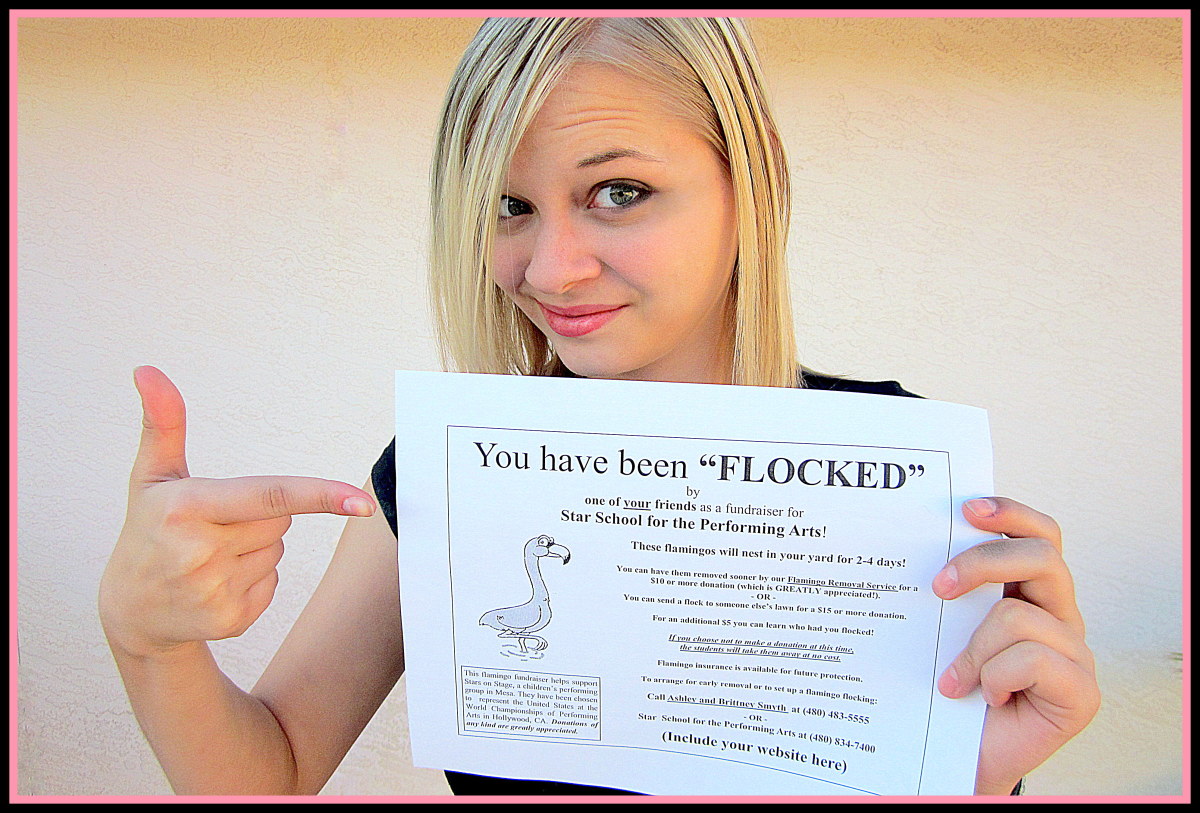Choosing the Right School for Your Child
Deciding What's Important To You
Deciding where your child will go to school is one of the biggest decisions a parent makes. Before you can really choose the right school for your child, you must first figure out what is important to you in a school. People choose one school over another for many different reasons including religious, location, cost, time commitment, test scores, curriculum, etc. Once you know what you require in a school then you can begin by seeing what is available in your area and determine which one best fits the needs for your child and family. Some of the most common choices are public, charter, private, coop, and homeschool.
Public Schools
Public schools are probably the most common and readily available schools. In the United States, there are close to 100,000 public schools. Public schools are free to attend and are supported by taxpayer money. Most educational standards are set by the state in which they are in. However, the federal government also has requirements they must meet in order to receive federal taxpayer money.
Public schools cannot refuse any school age student within their district placement. If the student has special needs, such as, speech or physical rehab the school still has to provide for their needs.
Teachers in public schools generally have at least a Bachelor's and are certified to teach. The schools are accredited to ensure they meet national standards. The administration and the academic programs must be reviewed periodically to make sure they still comply with the standards set by their accreditation.
Public schools may or may not have programs like band and football depending on their size and funding. Some schools may offer classes for children who excel in science or math while others may not sponsor them.
Magnet schools are part of the public school system, but do not have to let everyone that is in the district attend. These schools concentrate on academics and often a students test scores determine whether they can attend a magnet school, or not..
Learning a Little History

Charter Schools
Charter schools are like public schools in that they are free of cost to the student. They are harder to get into and often use a lottery system to determine who attends. Apply early to make sure your child has the best chance of acceptance.
The teachers usually still certified and have at least a Bachelor's degree. Charter schools are usually accredited like public schools. The class ratio is generally better distributed than in some public classrooms where they may be overcrowded. They are government funded by taxpayer money, but often get extra funding from private sources. Because of the extra funding charter schools can sometimes offer extra programs that a regular public school may not be able to afford.
Private Schools
Private schools depend on their own funding instead of taxpayer funds.They charge a tuition for each student to attend to help cover the costs. Tuition varies from school to school. Some schools charge several thousands of dollars per year to attend, while others charge only a few thousand dollars a year to attend. If costs is a deciding factor, you may want to check on scholarships as many private schools offer them. In states where they have vouchers some private schools will take them to cover your tuition.
Perhaps one of the main reasons people opt out of free public education and choose private schools is the for religious freedoms. Public schools have to keep religion out of the schools. Whereas, private schools can teach bible classes and even have children attend chapel. They can use curriculum that includes bits and pieces throughout it to teach your child how to be Godly and live a moral life. Of course, not all private schools offer religious classes or use religious friendly curriculum.
Private schools may have higher academic scores. They often use curriculum that is harder than what the public school uses. The student versus teacher ratio is usually much smaller than in a public school. Teachers in a private school may or may not be certified. Children in a public school may be exposed to drugs and gangs more than a child attending a private school.
Field Trip at the Alamo in San Antonio, Texas

Homeschooling
Homeschooling is where parents opt to teach their children from home instead of placing them in a traditional school setting. Parents choose curriculum from the enormous choices out there and buy their children books to use at home for school. Parents then commit to spend time each day teaching their children.
Laws vary from state to state on homeschooling. If you think homeschooling is the way you want your children to learn you should check with the nearest homeschool association to see what your state requires. You should be able to find the nearest homeschool association by putting homeschool associations in your search engine.
Curriculum can cost lots of money, but often you can find it used at a reduced price through a homeschool association or group. There are many different curriculums out on the market. You may want to look up several on the web and see which one best fits your needs and budget.
The library is a great asset to any homeschool situation. You can enhance curriculum greatly by utilizing the local library. Museums are great field trip experiences too. One of the great things about homeschooling is that you get to decide what if any field trips your child takes.
There are thousands of articles on the web for homeschoolers. They will help you get started if this is the way you decide you want to teach your children.
Co-op Schools
Co-op schools are founded on the principal that we need to educate the whole child. Children need to learn emotionally, socially, physically, and intellectually. Co-ops generally prefer hands on learning activities combined with assigned work.
Co-op's are a community of people with common goals. They all work together to enhance each child's education. They believe it is the parents responsibility to teach the children not the states.
Co-op's differ from homeschooling in that there is interactive group learning, projects, and discussions. There is also accountability. Since other people are also teaching the child parents must make sure their child complies and completes all their lessons on time. Another reason co-ops work well is where one parent does not do well in math, but is great in history they can teach each others children. This ensures each child benefits from the expertise and strengthens of each of their teachers.
Co-op schools tend to have high academic standards. Placement tests are generally given to make sure each child is on the appropriate level of instruction. If your child is on second grade math, but still needs first grade language arts he can be placed in both. In a public school system the child would just have to continue on with first grade math even if it did not challenge him.
Costs are much lower in a co-op compared to a private school because of parent participation. Parents also save more than if they homeschooled alone because the co-op can share the expense of costs for things like microscopes and chemistry equipment and supplies. Parents still usually buy the books used by their child in the co-op like they would in homeschool, but often the group can get a discount for buying in bulk and maybe free shipping.
Another advantage to a co-op school is that children may be able to participate in electives like drama and art. The possibilities for electives is only limited as the group of individuals teaching the course. A disadvantage of a co-op school is that each parent has to teach some class and help in some way. Some parents may not feel comfortable or have the time to do this. In some cases co-op schools will let you pay extra to enroll you child in them even if you do not teach.
For harder subjects like upper level math classes in high school the co-op may choose to hire a teacher who has a level of expertise and a degree. This keeps students on track in harder classes where parents may feel unable to teach them.
Co-op schools may not be for everyone, but they are certainly do present an interesting choice in todays education.
Which school is right for your child?
As you can see, parents have many choices out there for schools. A child's education is one of a parents greatest responsibilities. They are the future work force and leaders of America. As parents we need to make the best choices possible in regards to our children's education. They need a strong foundation to build on, so even in the lower grades a parent needs to make the best choices.
Whether you decide that choice is a public school, charter school, private school, co-op school, or a homeschool commit yourself to making time to help them learn each day and grow as individuals that can make a difference in the coming generations.








